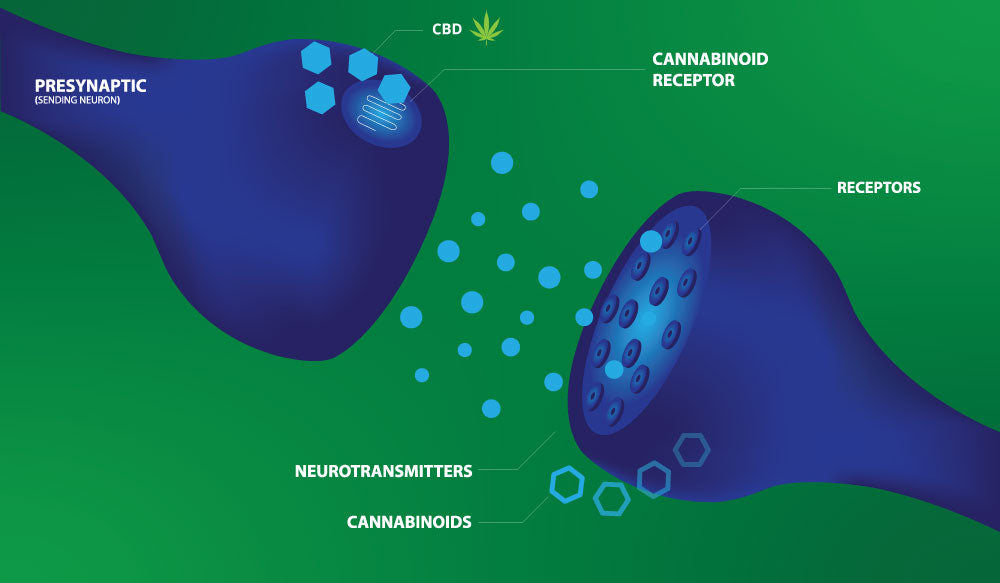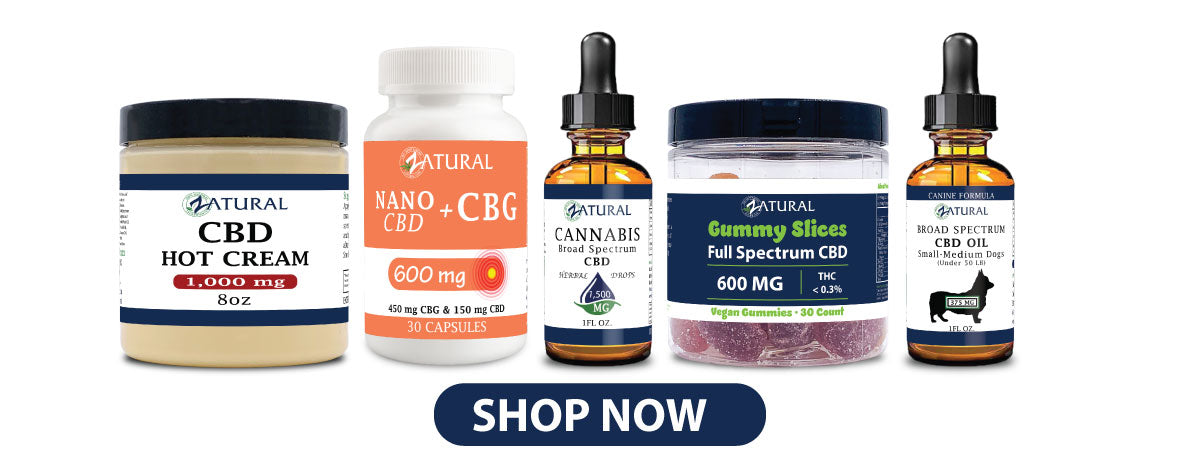CBD Oil and Homeostasis: How CBD Supports Balance
Stress, lack of sleep, and unhealthy habits don’t just make you tired. They throw your body out of balance. This disruption, known as homeostasis imbalance, can affect mood, blood pressure, and immune health. When balance slips for too long, the risks grow — from chronic stress to more serious health problems.
That’s why more people are exploring CBD oil for homeostasis. CBD may support the body’s natural ability to maintain balance. But what exactly is homeostasis? And how does CBD homeostasis work?
Homeostasis Explained: Why Balance Keeps You Healthy
What is homeostasis? At its core, homeostasis is your body’s ability to maintain balance, even when the environment around you changes. Think of it as your body’s internal control center, always working to keep things steady.

The importance of homeostasis in living organisms can’t be overstated. This process regulates:
- Body temperature
- Blood pressure
- Immune response
- Hormone levels
- Nutrient balance such as fatty acids, proteins, and sugars
Without homeostasis, the body can’t adapt or function properly. A breakdown in this process makes it harder to stay healthy, both in the short and long term.
How the Body Maintains Homeostasis
The body relies on several systems to keep balance. Each plays a role in regulating and correcting changes:
- The central nervous system and endocrine system manage digestion, breathing, and stress responses.
- Negative feedback loops act as a reset button. For example, if body temperature rises, cooling processes activate to restore balance.
- The HPA axis (hypothalamic-pituitary-adrenal axis) controls cortisol, the stress hormone, and supports immune and digestive functions.
- Hormones and neurotransmitters act as messengers, telling organs when and how to adjust.
These systems work together to keep the human body stable and adaptable. Without them, steady states would not exist.
Where Does Hemp Come From?
CBD oil comes from the hemp plant, a variety of the cannabis plant. Unlike marijuana, hemp contains very low amounts of tetrahydrocannabinol (THC), the compound that causes a “high.” By law, hemp grown in the United States must have less than 0.3% THC.
Farmers cultivate hemp for its seeds, fibers, and cannabinoids. The seeds can be pressed into hemp seed oil, which contains healthy fatty acids but no CBD. The leaves and flowers contain hemp-derived CBD, which is extracted and used to make CBD oil products.
This difference matters. Hemp provides the benefits of CBD without the intoxicating effects of marijuana, making it a safe source for people who want to support balance and wellness.
The ECS: Your Body’s Balancing System
The endocannabinoid system (ECS) is another key player in homeostatic regulation. Scientists discovered it in the late 20th century, and it has since been recognized as essential to balance.
The ECS includes three main parts:
- Endocannabinoids your body naturally produces
- Receptors, including the CB1 receptor (in the brain and central nervous system) and CB2 receptor (in the immune and peripheral nervous system)
- Enzymes that create and break down cannabinoids
The ECS influences many physiological processes, such as mood, discomfort, immune response, and body temperature.
CBD interacts with the ECS differently than THC. Instead of binding tightly to receptors, CBD works indirectly. It helps regulate endocannabinoid levels and interacts with protein-coupled receptors like TRPV1, which play a role in body temperature and physical discomfort.

By supporting the ECS, CBD helps the body’s natural ability to maintain homeostasis.
CBD Homeostasis: How CBD Oil Supports Balance
So how does CBD homeostasis actually work? Research suggests CBD helps in several ways.
- Supports the ECS by influencing CB1 and CB2 receptors. This helps regulate mood, stress, and stability.
- Promotes anti-inflammatory responses that protect the body from imbalance.
- Encourages healthy blood pressure and circulation by helping blood vessels relax.
- Interacts with TRPV1 receptors, which regulate temperature and manage discomfort.
These CBD interactions don’t override your body’s systems. They support them. That makes CBD oil homeostasis a promising option for long-term wellness.
CBD is not a cure all, but it works with your body’s natural ability to stay balanced.

Why CBD Homeostasis Matters
Your body constantly works to stay balanced. When that balance breaks, you feel it. Fatigue, mood swings, discomfort, or changes in blood pressure are all signs of imbalance.
CBD may help by supporting homeostatic regulation. By interacting with the ECS, it influences immune responses, mood, and body temperature. Supporting these steady states can ease stress, calm inflammation, and improve sleep.
Balance matters because homeostasis affects the entire human body, not just one system. Even small imbalances—like changes in hormones or circulation—can ripple out and impact everything else.
CBD oil is not a replacement for medical treatment, but many people find it a useful tool. By working with the body’s natural defenses, it helps maintain stability so you feel more steady both physically and emotionally.
FAQs About CBD and Homeostasis
What is homeostasis?
It is the body’s way of staying balanced. Homeostasis regulates blood pressure, body temperature, and immune response to keep you steady.
How does CBD support homeostasis?
CBD works with the endocannabinoid system (ECS). It helps receptors stay balanced, reduces stress, and supports overall stability.
Can CBD oil help regulate blood pressure?
Research suggests CBD may help relax blood vessels and support healthy circulation. This can encourage balance, but CBD is not a medical treatment.
What receptors does CBD affect?
CBD influences CB1 receptors in the brain, CB2 receptors in the immune system, and TRPV1 receptors that regulate body temperature and discomfort.
Why is homeostasis important in living organisms?
Because it keeps everything steady. Without it, processes like hormone regulation, circulation, and immune defense break down.
Is CBD safe for homeostasis?
Most people tolerate CBD well. Always choose third-party tested CBD products to ensure safety, and check with your doctor if you have health concerns.
Takeaway
Your body’s ability to maintain homeostasis is vital for survival. Systems like the ECS and HPA axis work nonstop to keep you balanced. CBD may give the ECS extra support by reducing stress, encouraging anti-inflammatory responses, and promoting circulation.
Whether you’re interested in CBD for stress, sleep, or wellness, its role in cbd homeostasis makes it worth considering.
Zatural CBD Products
For educational purposes only FDA DISCLAIMER
*FDA DISCLAIMER -These statements have not been evaluated by the FDA.



